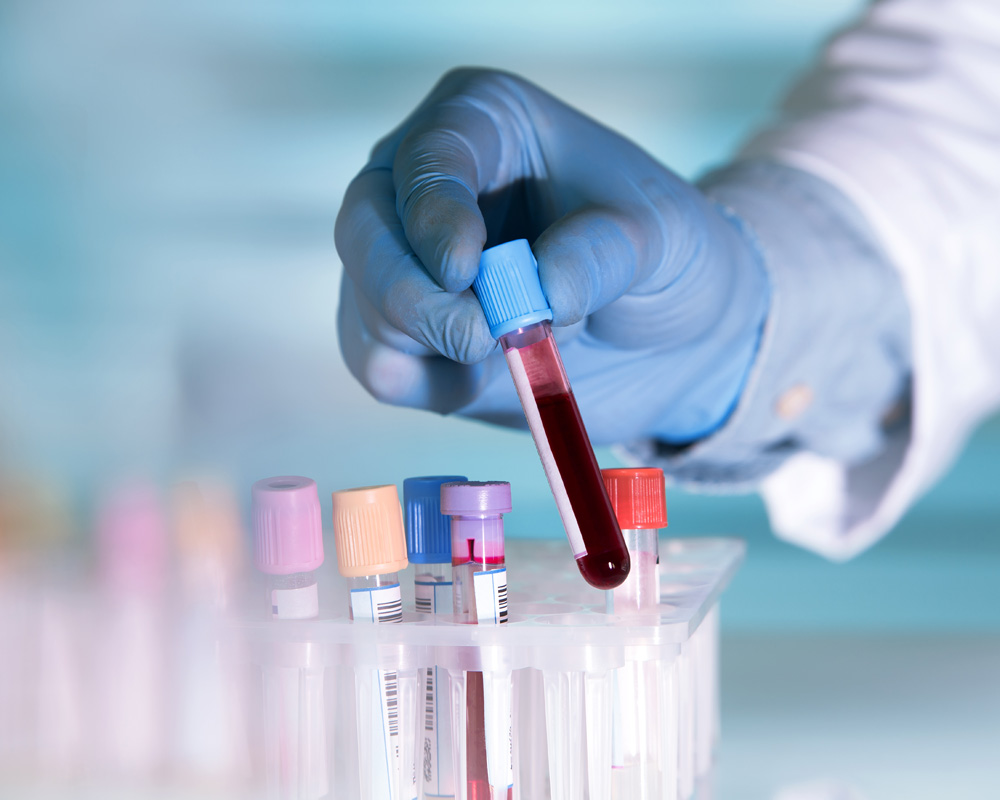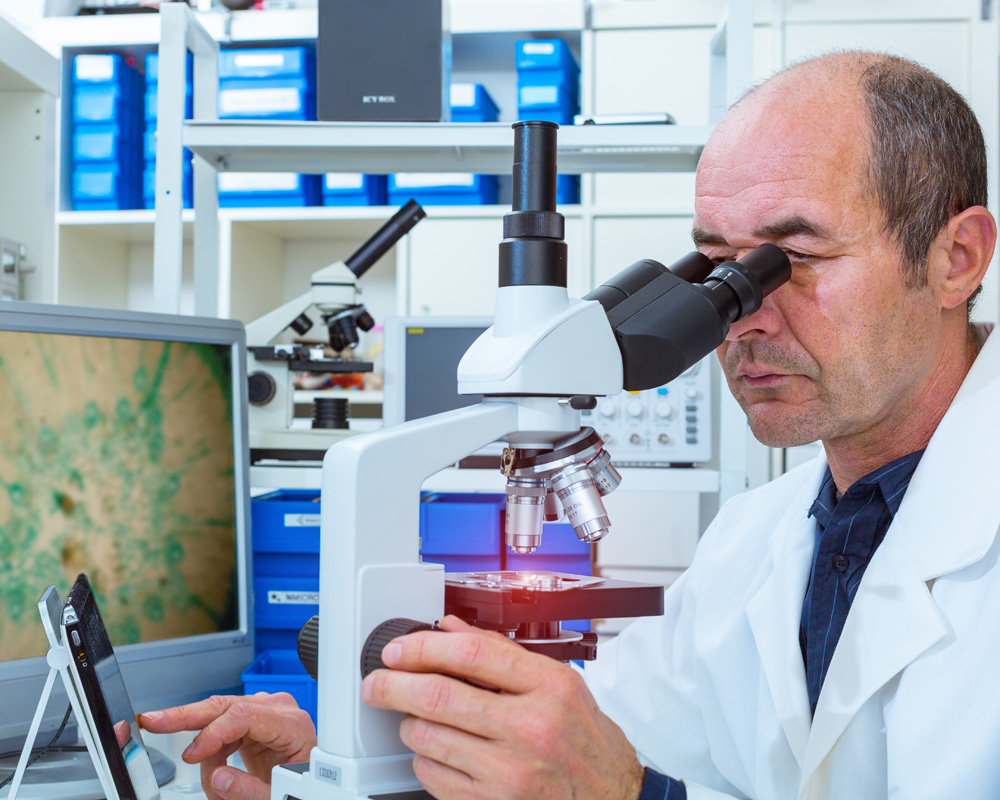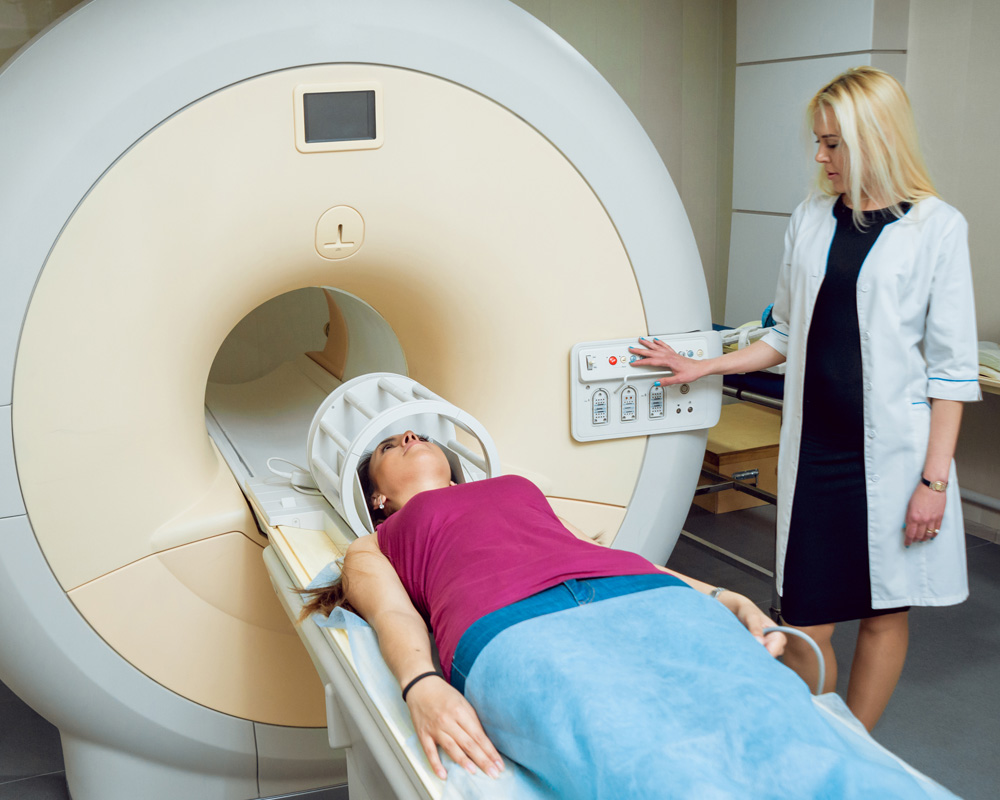CURRENT PROJECTS
We are currently supporting research at University College London (UCL), where appropriate projects requiring start-up funding have been identified

DNA and RNA biomarkers for neurodegeneration
UCL IoN (with the National Hospital for Neurology and Neurosurgery) follow a very large number of patients suffering from neurodegenerative conditions. They regularly collect blood samples from patients and have created a comprehensive bank of many thousands of samples. Using that bank, IoN scientists are examining blood from patients with a variety of neurological disorders including dementia, motor neuron disease, peripheral neuropathy, and the muscle disorder inclusion body myositis.
This project aims to study a novel class of molecules (small RNA and methylated DNA), in order to gain information on the number of neurons suffering and degenerating in patients over the course of the disease. Being able to gain this information from a simple blood test would be transformative for carrying out therapeutic clinical trials in neurodegenerative diseases as it would potentially give us more precise information regarding the disease progression.
Total study costs: £225,000

Developing a gene therapy for Motor Neuron diseases (MND)
Motor neuron disorders are a group of extremely aggressive and currently untreatable diseases. Some forms of MND have a well defined genetic cause. In these forms a targeted genetic approach has recently led to very promising results.
This three year project aims to target specific genetic forms of MND to develop a gene therapy via custom modified viruses. This will initially be tested in mouse models of disease with the aim of bringing this therapy to clinical trials.
Total study costs: £156,000

Skeletal muscle MRI imagining in neuro muscular disorders
Clinical trials in motor neuron and related neuromuscular diseases have historically been challenging and taken many years to undertake because no effective, reliable outcome measures were available to assess the efficacy of potential disease-modifying therapies. Instead, trials relied on relatively crude clinical assessment of a disease’s impact on patient function. This caused difficulties particularly in trials for more slowly progressing diseases because the rate of change has been very difficult to objectively monitor. Blood biomarker tests and Muscle MRI measures are currently being developed that should help more reliably assess disease progression in neuromuscular conditions.
This projects aims to develop novel biomarkers and validate the use of skeletal muscle MRI as a sensitive progression marker for slowly progressing diseases. If successful it could drastically reduce the time and cost of testing new treatments.
Total study costs: £315,000

New approaches to Frontotemporal Dementia
Frontotemporal dementia (FTD) is a neurodegenerative disease that is second only to Alzheimer’s disease (AD) as a cause of dementia in patients less than 65 years of age. The mechanisms contributing to the pathogenesis of FTD remains poorly characterized and to date, there is no cure for this debilitating disease.
In this study, we plan to test whether targeting protein misfolding may be an effective therapeutic approach in FTD. By upregulating the expression of protein chaperones, we hope to reduce the presence of misfolded proteins in neurons affected in FTD, which in turn is likely to reduce the extent of neuronal death and consequently, prevent the deterioration in cognitive function that characterises FTD.
We will treat mice that model FTD with compounds that we have previously shown to prevent protein aggregation and reduce neuronal death in models of other protein misfolding disorders.
Total study costs: £288,000

